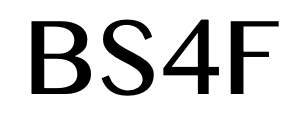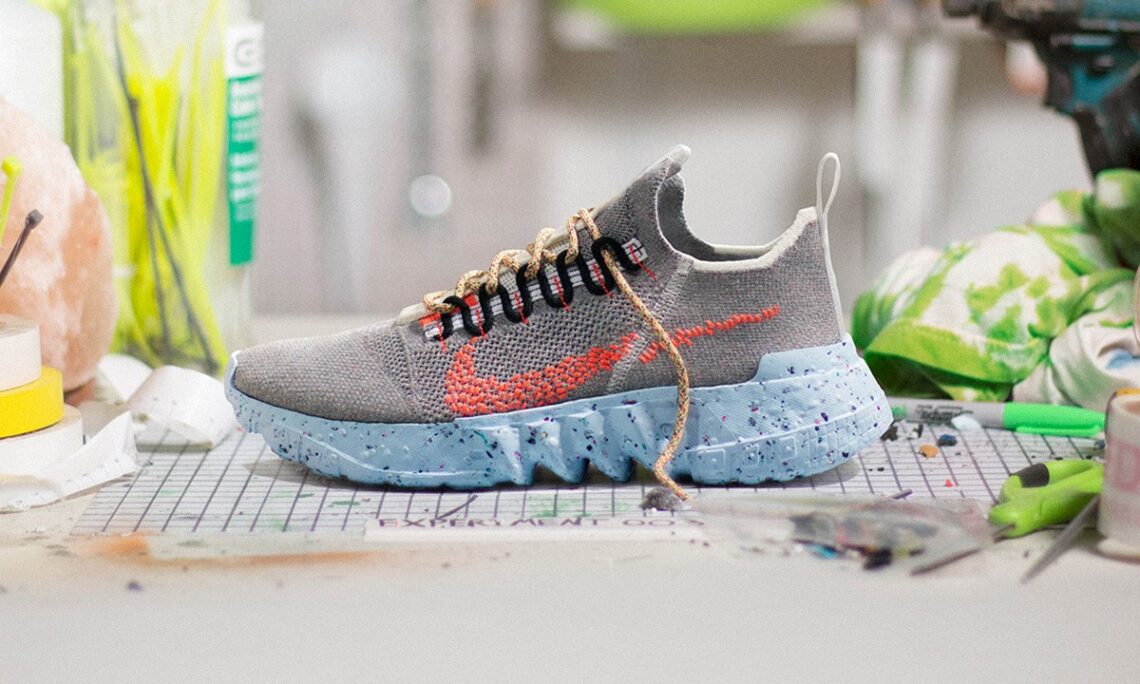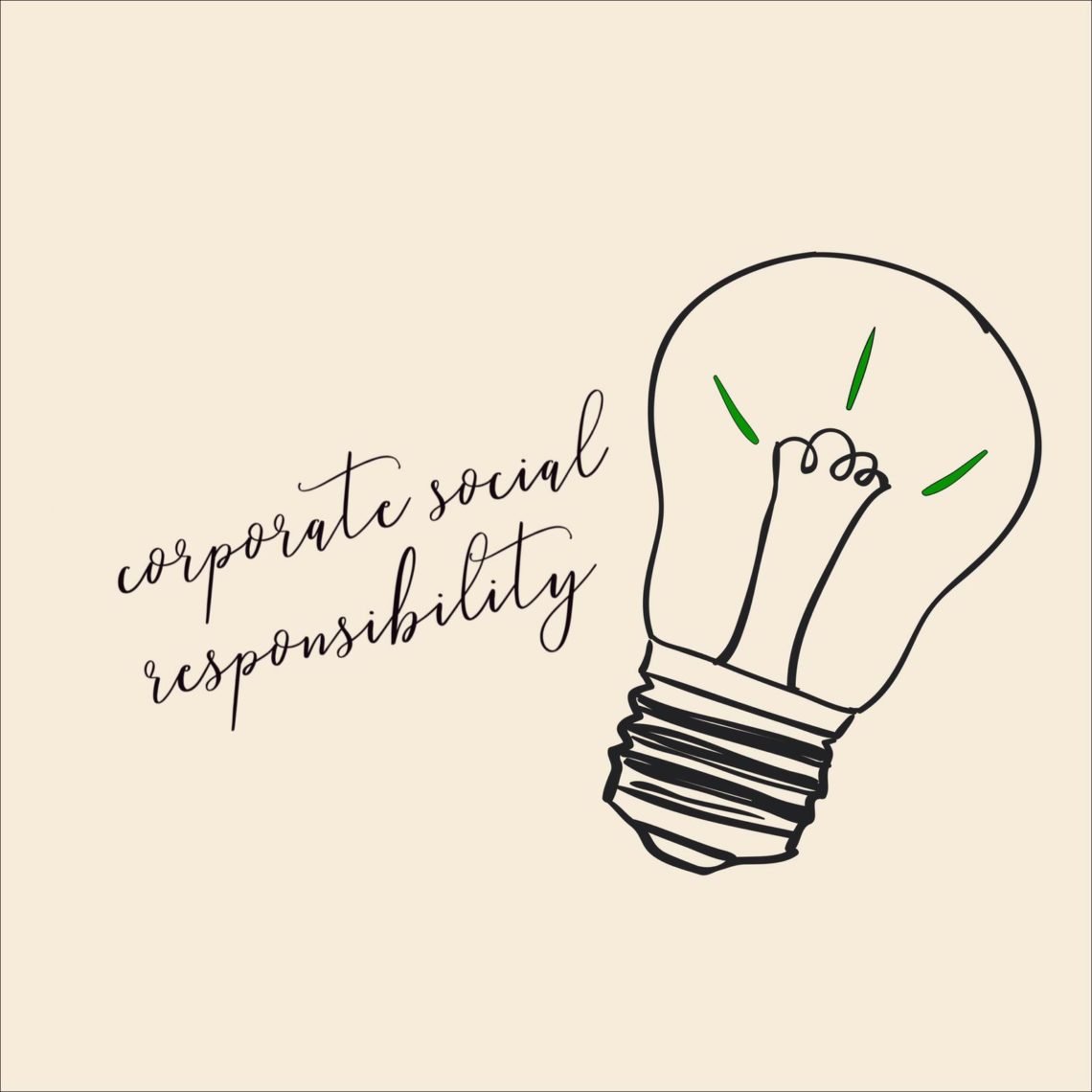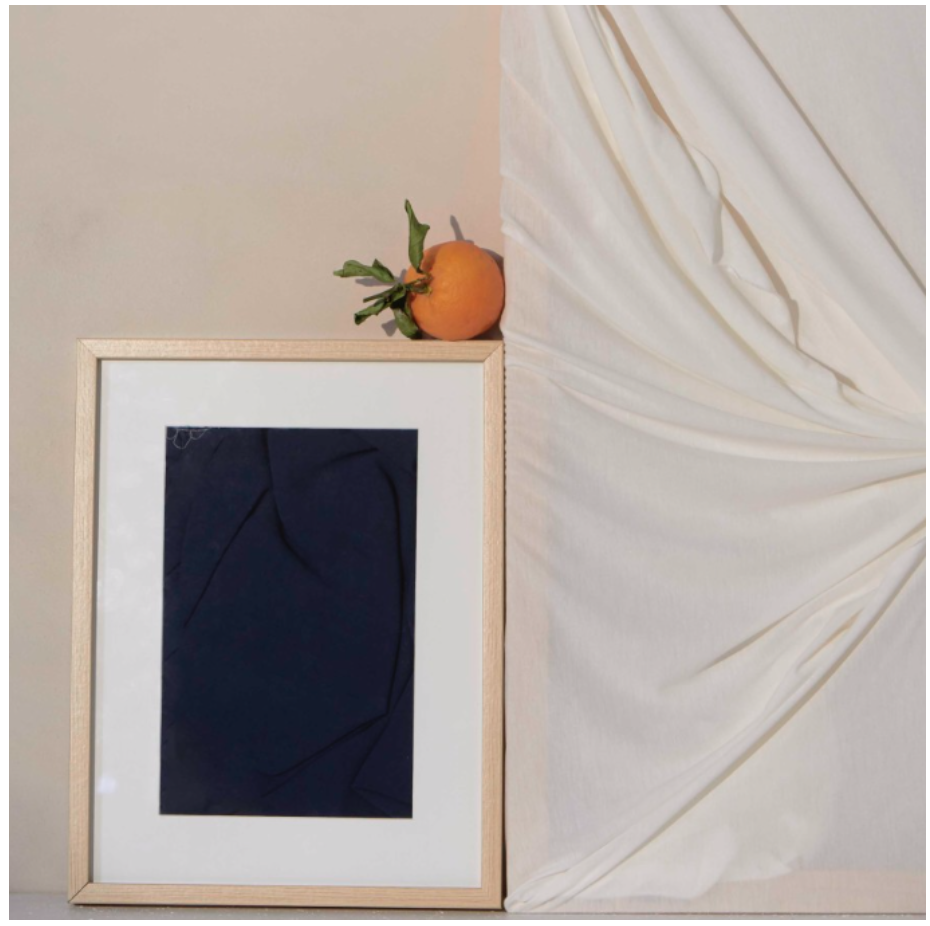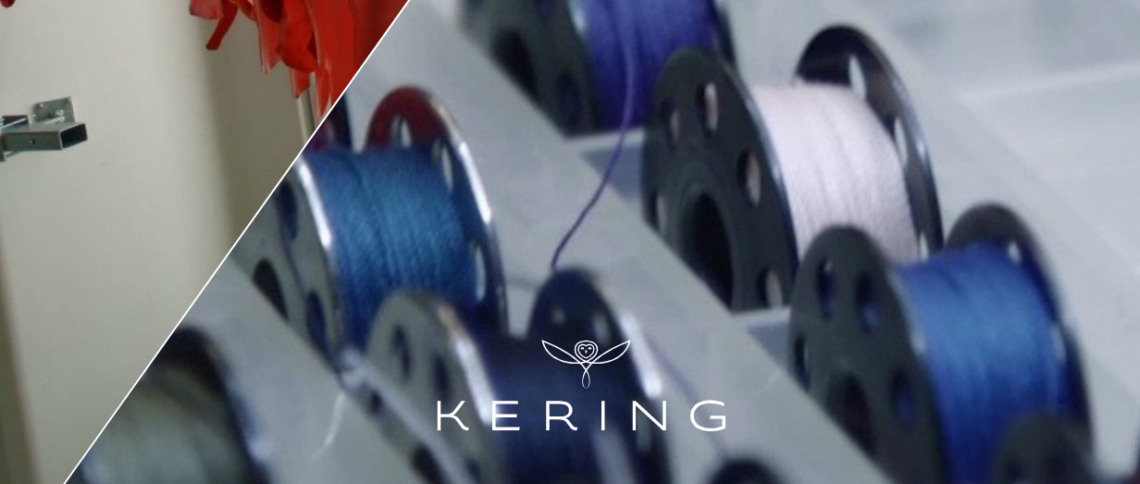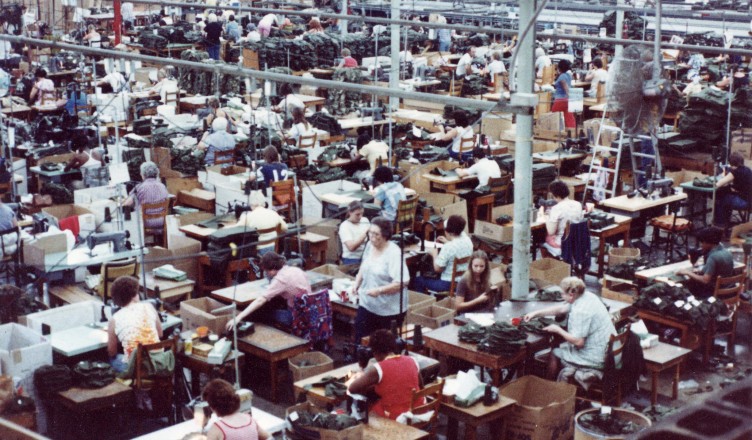Before the 2000s, the Nike product was synonymous with slave wages, forced overtime, and arbitrary abuse. Ever since then, they have been trying to dispel their former reputation. In two decades, they have transformed from a company associated with sweatshops to a true leader in sustainable practices. So much so that in 2015, Morgan Stanley ranked Nike the most sustainable apparel and footwear company in North America for environmental and social performance. The journey to rebuilding their reputation began with three major shifts in strategy. First, transparency; in 2004, they were one of the first companies to demonstrate transparency and published a complete list of their contract factories. Secondly, Nike…
-
-
Corporate Social Responsibility in Fashion and Luxury
On the 19th of February 2019, Bocconi Students for Fashion held an event on corporate social responsibility (CSR) hosting Stefano Bassi (Enviro-Coordinator at Patagonia Milano), Matteo Marzotto (President of Dondup), Chicco Barina (Head Designer of Dondup), and Simon Giuliani (Marketing Director at Candiani Denim). The discussion was moderated by Professor Francesca Romana Rinaldi of Bocconi University. The issue of sustainability and CSR in fashion and luxury was discussed extensively this evening. Being a matter of ever-growing importance in the industry, points brought up included the main challenges and trends in sustainable fashion. It was noted that despite the fact that clothing sales have increased since the year 2000, clothing utilisation…
-
The textile revolution
-It takes 700 gallons of water to make one and only regular white T-shirt. -In the US 12.8 tons of textile are dumped in landfills every year. And the list goes on. Textile is the one to blame for the fact that fashion is one of the most polluting industries. Fibres such as cotton but also synthetics such as polyester and viscose have a devastating environmental footprint on our forests, seas and air. Our thirst for consumerism has led to the explosion of fast fashion and the situation can only aggravate. The question is, how can we replace such cheap and easily accessible textiles? A quick google search is enough for…
-
Be Fashionable, Be Green
Over the years, the fashion industry has become more and more sensitive about themes involving the environment. Eco fashion, also known as “sustainable fashion”, is a philosophy embraced by fashion to create items that unite environmental awareness and creativity. Statistics show fashion industry to be the second most pollutant industry and numerous maisons are now trying to reduce their environmental footprint and show more care towards our planet. Stella McCartney was one of the first designers in the fashion business to embrace a sustainable attitude. In 2014, the brand has pledged to ensure that all its cellulose fibers meet “strict sustainability standards” by 2017. This project started from production stages and has now transferred…
-
Kering: When Sustainability Marries With Luxury
Sustainability and fashion – two words full of meaning that seem to collide, but where the social power of this mesmerizing industry strikes again, creating synergies between an apparent dichotomy. Environmental impact has been a hot issue in the recent years, and the fashion industry has often been placed on the other side of the spectrum, and classified as one of the most polluting industries in the planet. Last week, Kering published an ambitious sustainability report marking an important step towards a more sustainable luxury. Let’s see what its implications are. Kering has been the first luxury giant to share publicly the environmental impact of its operations. Last weesk’s report…
-
(Insert luxury brand here) Made in Sweatshops
Gucci made it to the headlines again — and this time, for the wrong reason. A recent report claimed that Chinese employees for Libero Mondo — one of Gucci’s subcontractors in Italy — worked 14 hours a day on handbags, instead of the contracted 4 hours. Worse, Libero Mondo’s Arnoldo Guidotti proclaimed that Gucci is fully aware of the exploitation, and Gucci buys those bags from Libero Mondo for 24 euros. In store, a Gucci bag retails for approximately 1000 euros. Kering (once Pinault Printempts Redoute or PPR), Gucci’s parent company, responded that they would include additional measures to ensure that incidents like these would never repeat again. Yet, in 2002, Brylane — a US based clothing supplier for Kering —…
